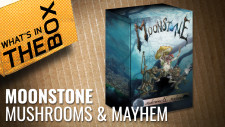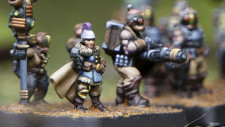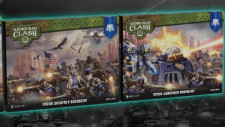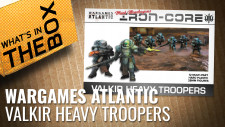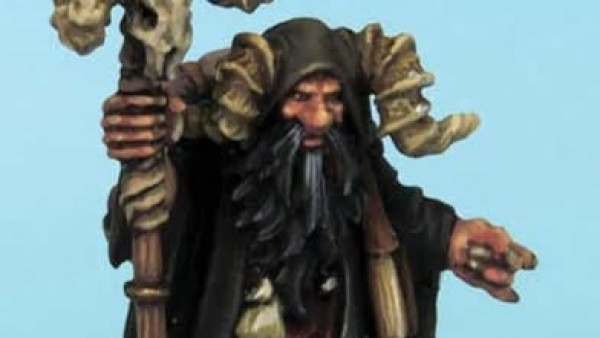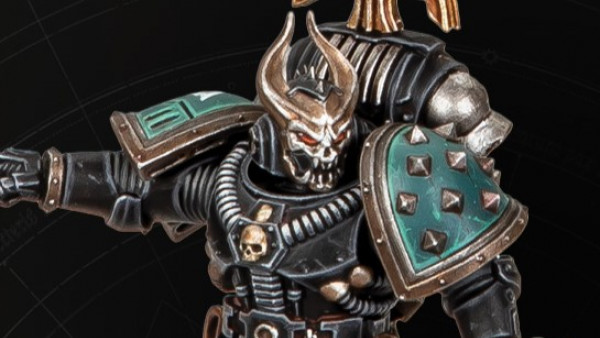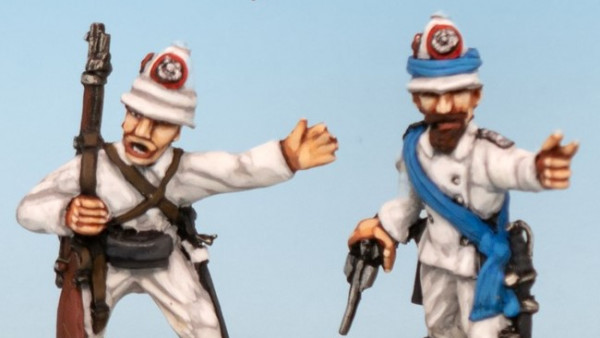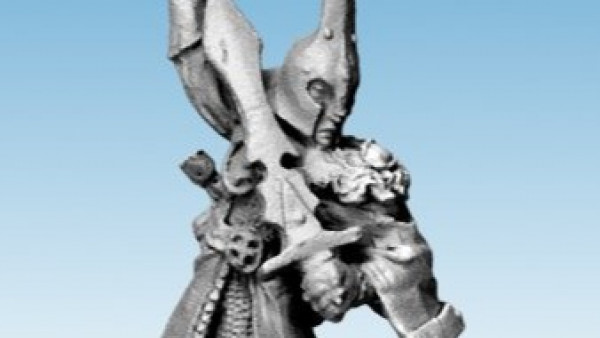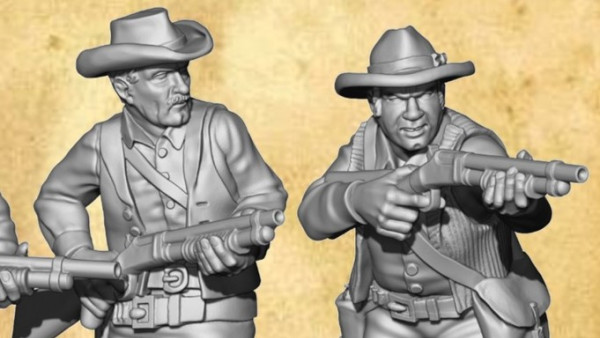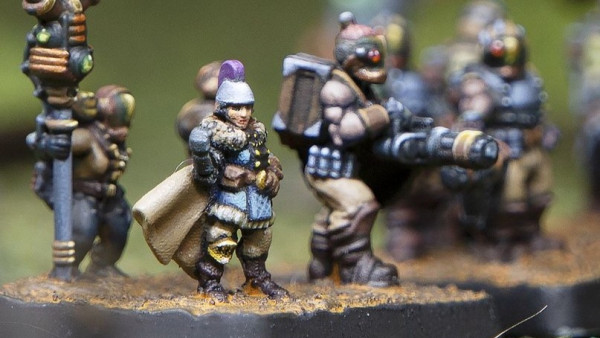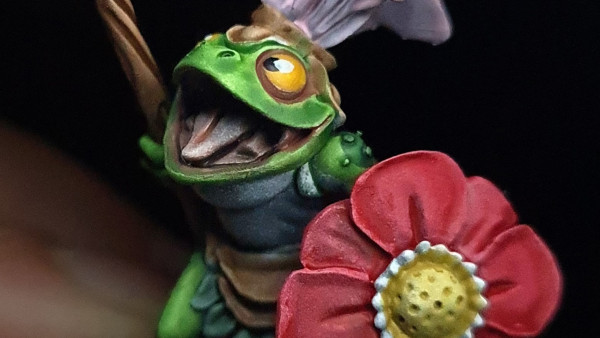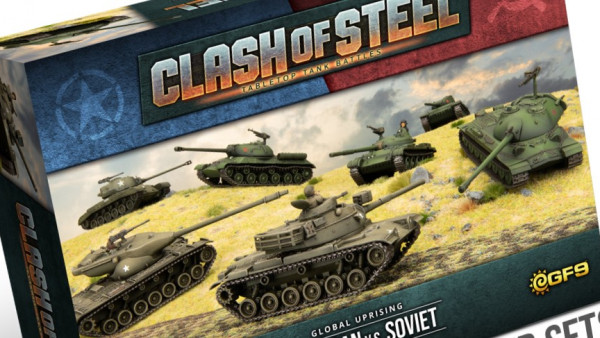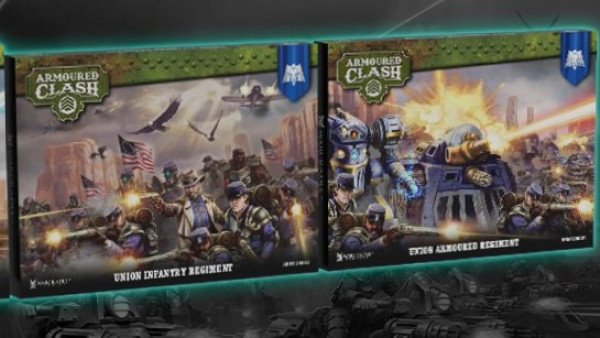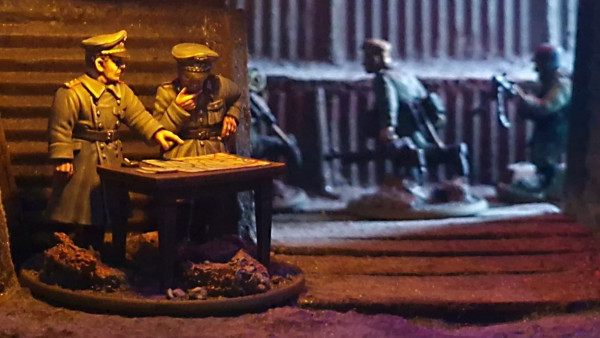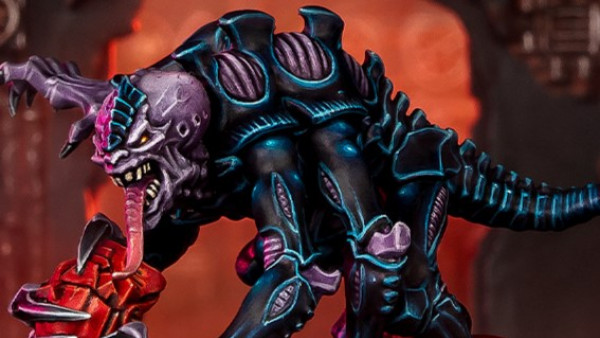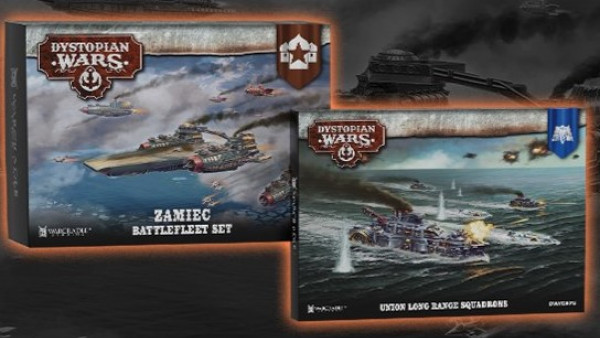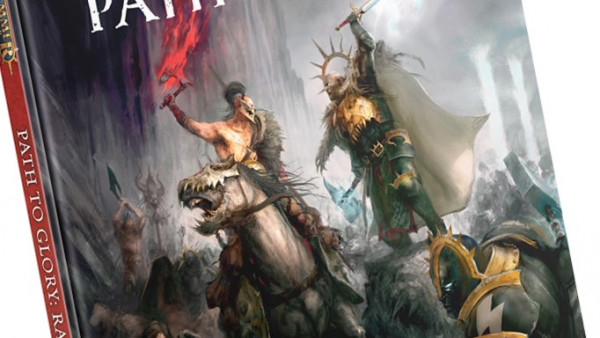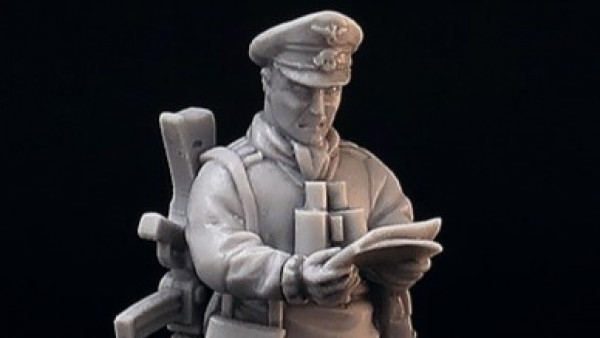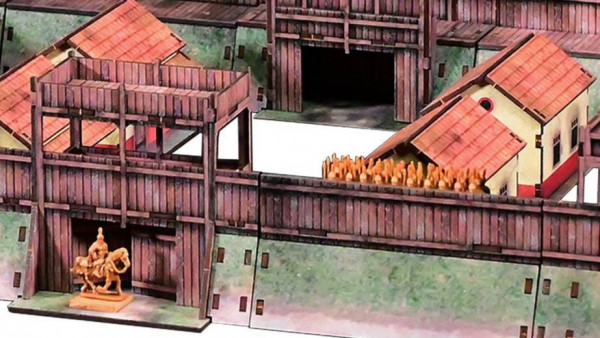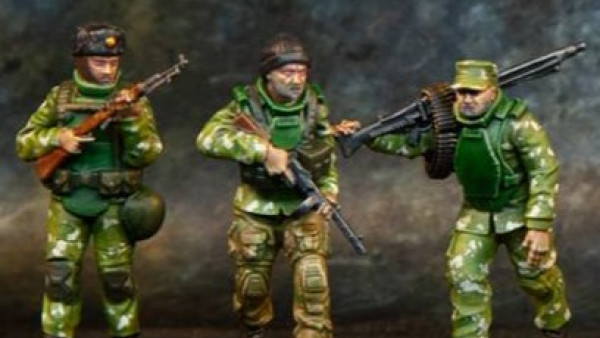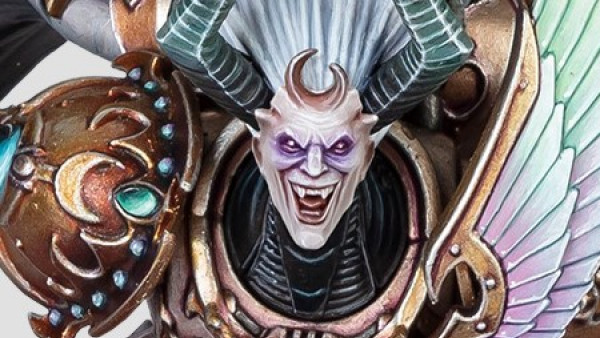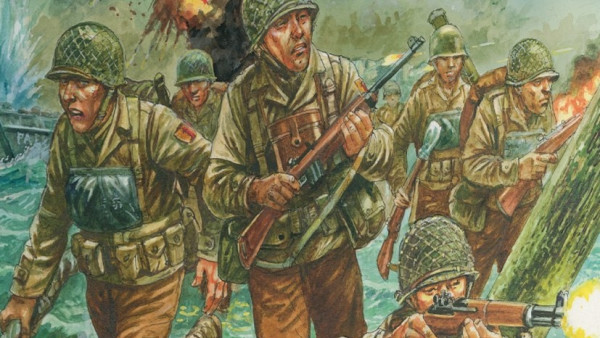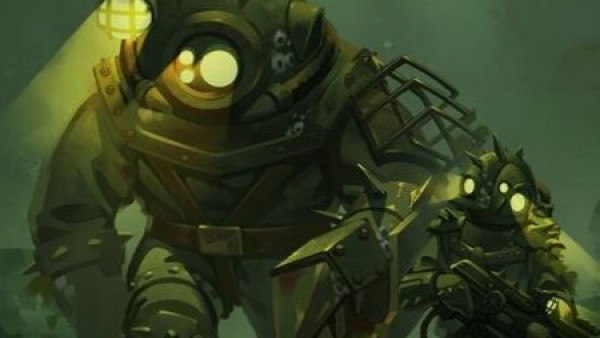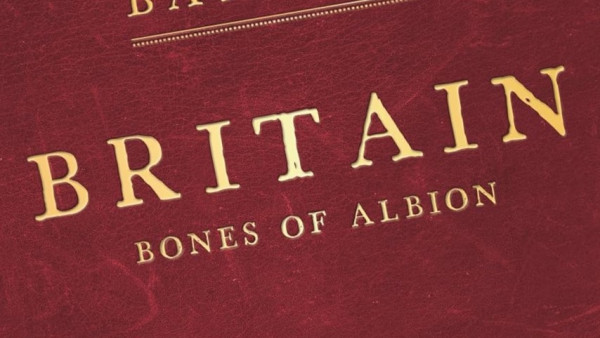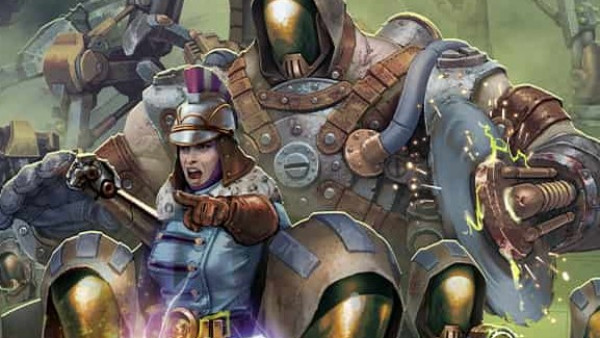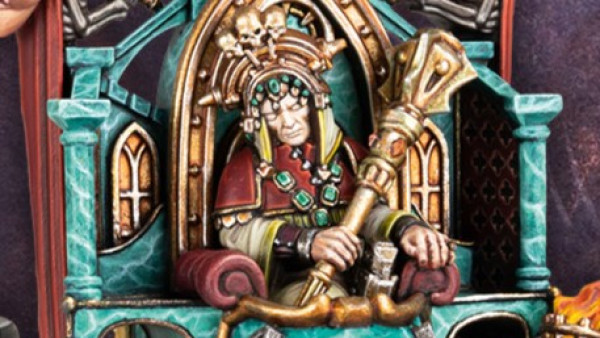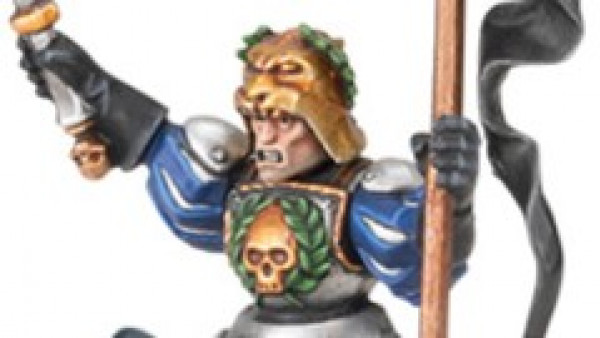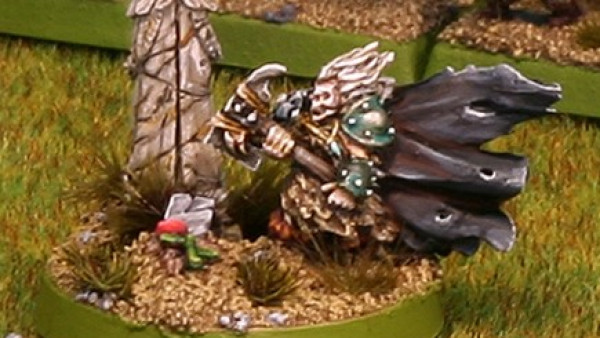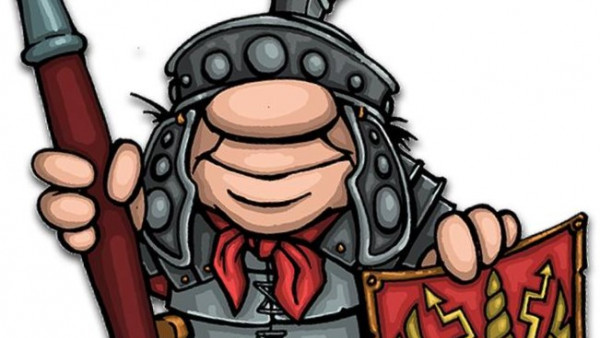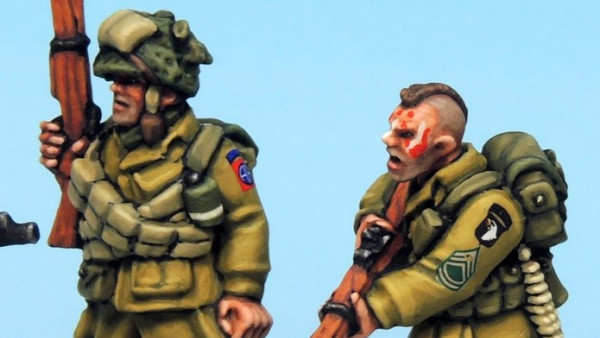Home › Forums › Painting in Tabletop Gaming › Texture and rolling pin basing
This topic contains 36 replies, has 13 voices, and was last updated by ![]() utherdracus 5 years, 2 months ago.
utherdracus 5 years, 2 months ago.
-
AuthorPosts
-
November 5, 2019 at 11:37 am #1454287
A thought I’ve had is that I could 3D print the bottom 3mm of the base (files on thingiverse) and then sculpt on top of it. Hmm the possibilities are endless!
November 5, 2019 at 12:02 pm #1454296Your textures look good and if you have a 3d printer handy it is definitely way to go. You could even 3d print a ‘cookie cutter’ thingy shaped to fot your wired base shape.
BTW what kind of issues did you have with macaroni mashine?
November 5, 2019 at 12:20 pm #1454310mostly the milliput being ridiculously sticky/tacky and gunking it up. the plastercine will most likely solve that though. The DAS didnt like being forced though as it doesn’t have the elastic qualities without PVA so would tear at the edges reducing the overall useful area afterwards.
November 5, 2019 at 12:59 pm #1454314I use the pasta machine primarily on polymer clays (Femo, Sculpy, etc.).
I mentioned this method previously, but Greenstuff World has videos detailing how you can roll the polymer clay right onto their mdf bases and stick the whole thing in the oven. Unlike plastics, the wood base won’t burn or melt at the temperature required for the polymer clay to cure.
The MDF bases are a bit thinner than the average plastic base as well.There are other videos on using Milliput, Green Stuff, etc.
November 5, 2019 at 2:23 pm #1454332Well I don’t have any experience with polymers so can’t say amthing.
As for miliput it is sticky for sure, and humidity adds stickiness (never use any water near miliput you want to shape).
With the machine, you need to cover it’s pins with powder or vaseline. Sometimes it may be good to let miliput set a bit (cool down at least), before putting it between pins as it may still have some moist from your hands.
EDIT:
Sorry about spelling, I’m on my phone and my myfingers seem to be to fat.
November 5, 2019 at 2:48 pm #1454334It’s interesting. GSW says you can make Milliput smoother by applying water.
But if that’s the case, then it would stand to reason that it does react with water and changes the consistency, etc.November 5, 2019 at 4:31 pm #1454345Yeah i watched a few of those videos on lunch today. Still I’m just documenting my experiences. When the plaster one arrives ill put it through the pasta machine with and without vaseline just for interests sake.
November 5, 2019 at 4:48 pm #1454347I’m enjoying this thread and the documentation.
GSW has ‘cookie cutters’ including round, square, and oval, and used for cutting different types of clay into the proper base size. For instance, I have the round ones and they range from 20mm to 60mm. That seems to work well.
They also have silicone molds so you can pour your own bases using resin, etc.
November 5, 2019 at 6:08 pm #1454349This is post I wrote a couple of hours ago but forgot to tap ‘submit’…
Miliput dissolves in water and creates kind of gely/sticky paste on surface.
Sure you can smooth it this way, it works wonders in patching holes in some inaccessible crevices on minis/models where you couldn’t sand it down.
November 5, 2019 at 6:12 pm #1454350November 5, 2019 at 6:25 pm #1454351November 5, 2019 at 7:17 pm #1454364I noticed that when cleaning the milliput mess off one roller last night. Went milky and granular. Can see how it would be useful for filling some gaps.
November 5, 2019 at 7:43 pm #1454366yeah it’s why I favour putt putt in place of any of the stuffs for gap filling, it’s just superior in every way to make a seamless join. If you do mix plastercine you can mix up to 50:50 with your putty, but the more you add the softer it becomes so some experimentation is required to find what is suitable for you. With plastic minis it should be grand, metal needs a bit less mixed in
November 5, 2019 at 8:02 pm #1454367Slightly off topic but related, I picked up Vallejo’s Plastic Putty recently for gap filling. I’ve seen other hobbiests complain that it leaves a chalky mess that doesn’t get in the gap… honestly, they must be doing something wrong. I’ve had no issues with it at all.
Much better than either Green Stuff or Liquid Green stuff… but only really useful for gap filling.
Has a texture like toothpaste and comes in one of their dropper bottles. I just used a hobby knife or a sculpting tool to scrape it into the gaps and it was great.November 5, 2019 at 8:06 pm #1454371 -
AuthorPosts
You must be logged in to reply to this topic.































